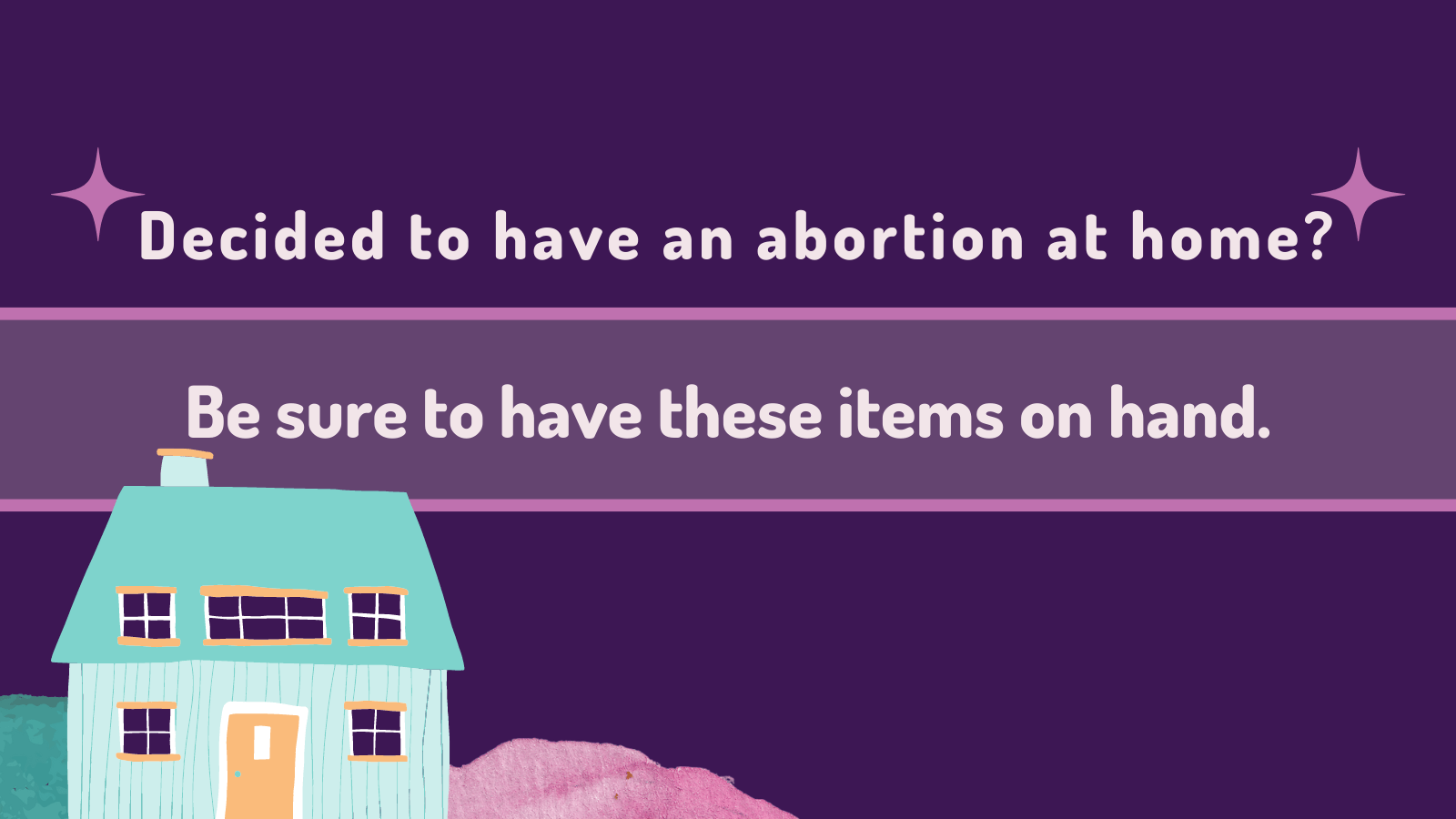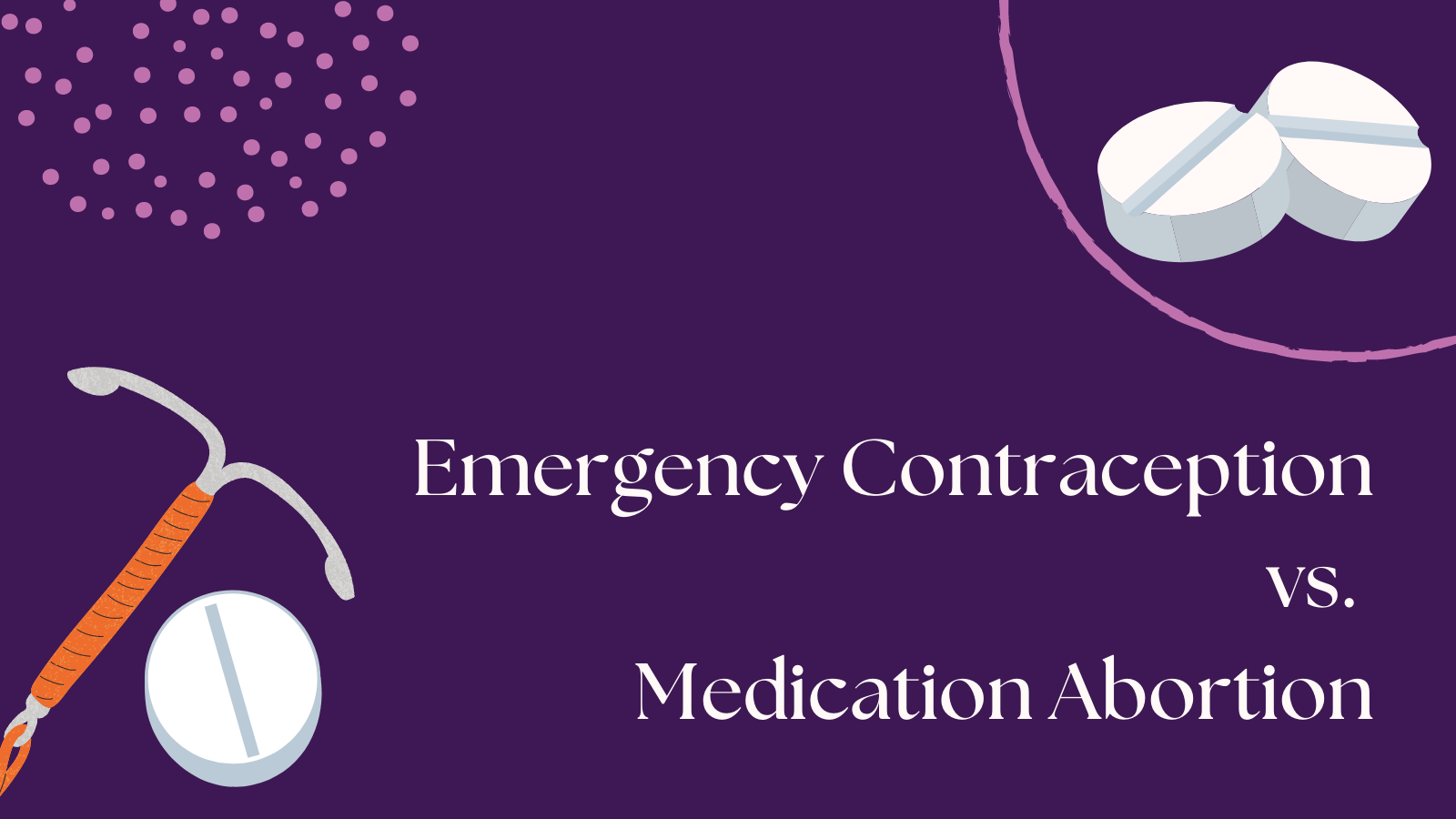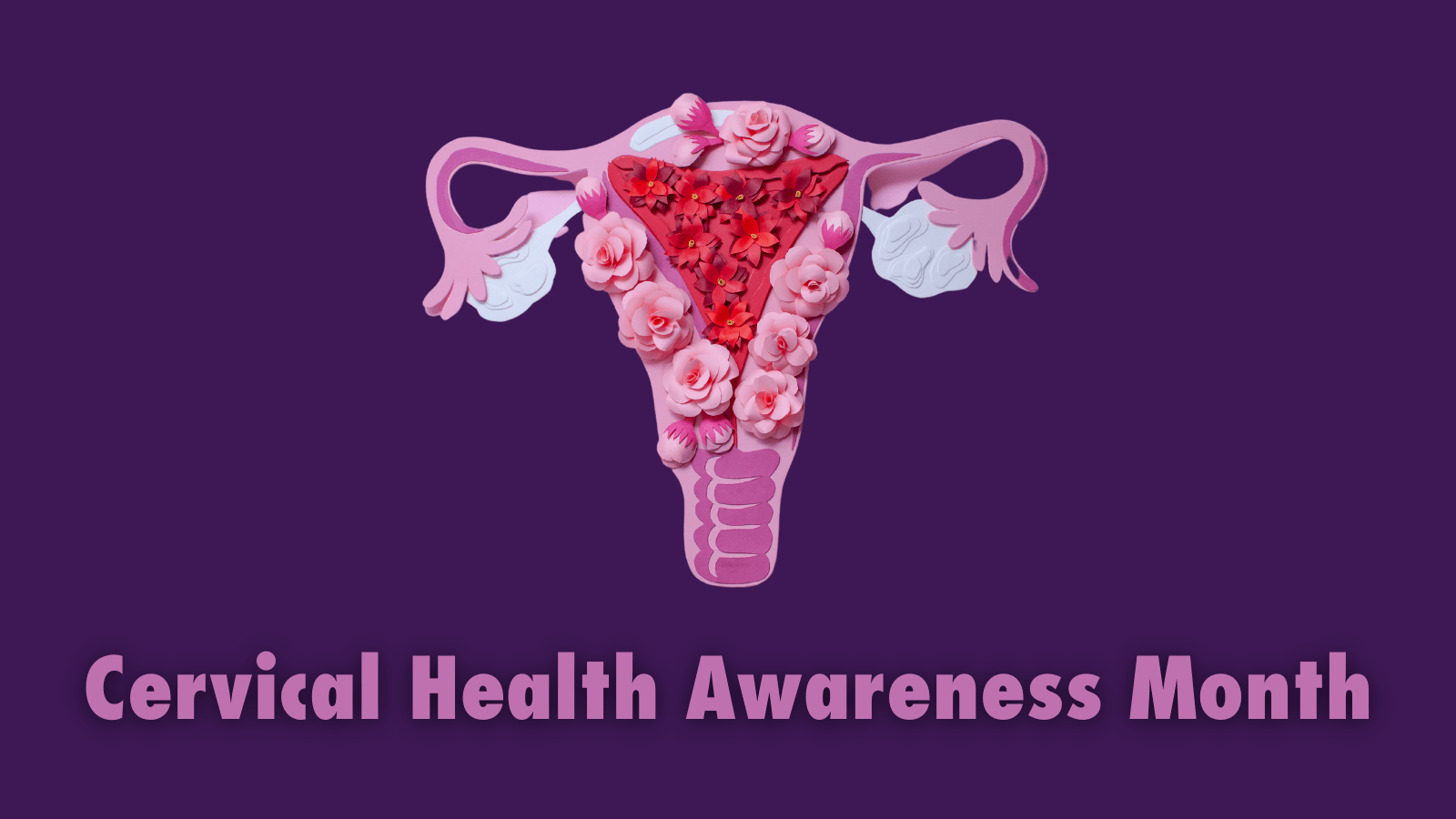Whole Woman’s Health Alliance is a non-profit organization that operates abortion clinics in Austin, Texas and Charlottesville, Virginia. To get the latest from Charlottesville, we spoke with the Clinic Director at Whole Woman’s Health of Charlottesville, Sean Mehl.
Every morning I sit in my office with Heather Heyer’s words imprinted on the wall above my head: “If you are not outraged, you are not paying attention.”
As an outsider, a transplant, and a white male, these words, and the words of countless others, are a sobering reminder of longstanding issues facing communities of color. It is a daily affirmation and a reminder of what it means to have arrived in Charlottesville.
The presence of Whole Woman’s Health Alliance in Charlottesville is about more than increasing access to quality abortion care. It is about showing up and putting in the work to eradicate systems of oppression.
Racism has been shown to have a quantifiable effect on health disparities and maternal health outcomes. We know that limiting access to abortion contributes to poor maternal health. We also know that black women are far more likely to fall victim to these tragic statistics of maternal and fetal death. It is a trend that has been elevated to what many consider a maternal health crisis. In Texas, one of the most hostile states for pushing dangerous abortion laws, this has been devastatingly true.
The institutions that oppress and strip away human dignity work to uphold violent misogyny and reproductive coercion. These systems, legislators, and smug politicians fear the empowered black mother, the pregnant trans man, the immigrant family seeking a life free from political violence, the self-determination that so inextricably binds these movements. We are a product of our racial history.
Rather than run from it, it must be confronted. Symbols of this history still stand in Charlottesville, cast in bronze and placed in public parks as if to be a permanent reminder. It is seen in the eyes of the black family mourning of the death of their child by police hands, the child forcibly taken from her mother and placed in immigrant internment, the countless others stripped of reproductive autonomy.
Indeed, Reproductive Justice is Racial Justice.
In the post-2016 election era, there is no other place so bound to these histories and struggles in the public eye as in Charlottesville, but Charlottesville is more than an event in recent memory. It is a place, a culture, a stake in the ground as we plant our roots into the earth and uphold values that define humanity.
Even as the media headlines fade from news cycles, Charlottesville still carries on a smoldering reckoning and daily struggle with unresolved racism. A hotbed of racial tensions erupted to the surface, and so they remain.
As Corey Long sits behind bars for standing up against white supremacists, so are women held down by archaic and misguided laws. Reproductive Justice cannot be untethered from Racial Justice if we wish to make access to quality abortion care a reality. It must be front and center.
With enough dots, you form a line. From lines, a mural. Murals that remember, honor, and paint a picture of the world we want to live in. Murals that remember Heather Heyer and fight for justice for Corey Long. The presence of Whole Woman’s Health Alliance in Charlottesville is about taking the paint brush from the hands of those who undermine human dignity and giving it to empowered individuals armed with self-determination to paint their own masterpiece.



